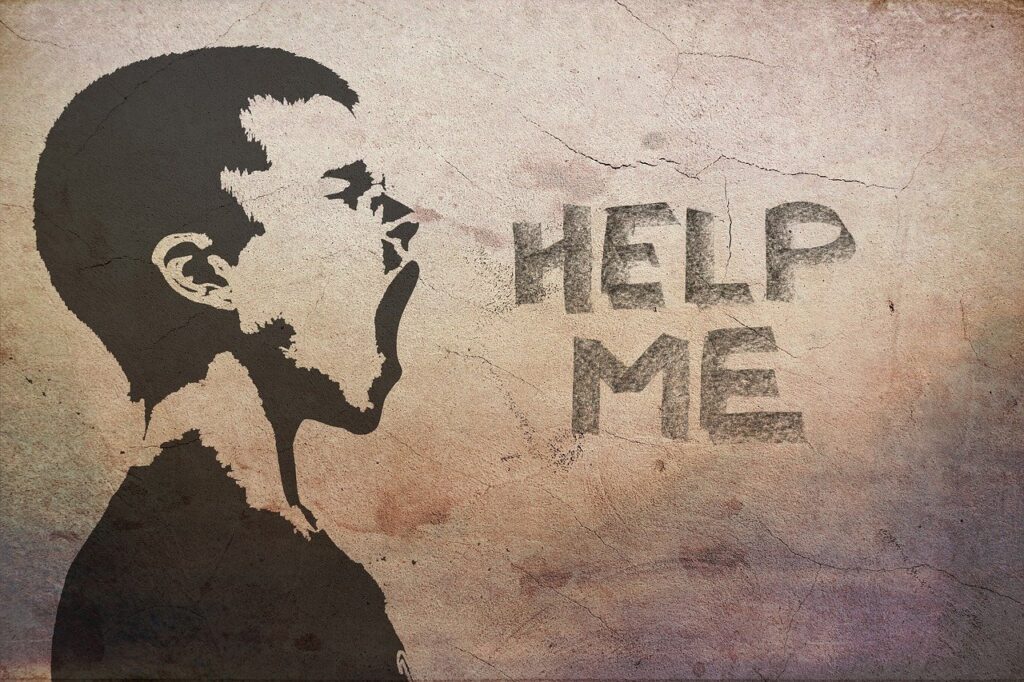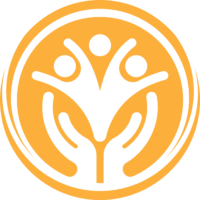If it's an urgent concern, call:
- Child Helpline: 116111 (24h)
- Victim Support Helpline: 116 006 (24h)
- Emotional Support and Spiritual Care Helpline: 116 123 (daily from 14:00 to 24:00)
- Lifeline: 6558 088 (Estonian), 655 5688 (Russian) (daily from 19:00 to 07:00)
- Ambulance: 112 (24h)
Or visit an emergency consultation:
- Psychiatric clinic emergency room in Tallinn: 6172 650 (24h) Paldiski mnt 52
- Psychiatric clinic emergency room in Tartu: 731 8764 (24h) Raja tn 31
- Psychiatric clinic emergency room in Pärnu: 516 0379 (24h) Ristiku tn 1
- Psychiatric clinic emergency room in Viljandi: 435 4255 (24h) Jämejala, Pargi tee 14
- Psychiatric clinic emergency room in Narva: 357 1795 (24h) Haigla 1
- Emergency department in Ahtme: 331 1074 (24h) Ahtme mnt 95
If you feel that life has become difficult and you need support, know that you are not alone. Even if it seems to you that you are. It is completely normal to sometimes find it hard to cope, and seeking help is a sign of strength.
Here are some ways you can find support and move forward in your life:
1. Talk to someone
Don't keep your worries to yourself. Talk to a trusted adult, whether it's a family member, teacher or friend. If you don't have anyone to talk to, there's the Child Helpline 116 111, which you can call anonymously 24 hours a day. You can also always contact the NGO You Can and we will listen to you.
2. Seek professional help
School psychologists and social workers are there to listen and support you. You can also use online counselling services such as Peaasi.ee where proffessionals give you advice and support.
3. Visit a youth centre
Youth centres have friendly youth workers who offer support and activities to help you find your way and develop skills for independent living. You can find your local youth centre by doing an internet search (the city where you live and the word "youth centre").
5. Take care of your mental health
Find time for activities that bring you joy and help you relax, whether it's sports, listening to music or spending time in nature. Taking care of your mental health is just as important as taking care of your physical health.
MORE RESOURCES:
1. Child helpline 116 111
The Children's Helpline is a 24-hour crisis hotline where children and young people can for free and anonymously help and advice. The call will be answered by professional advisers who will be able to provide the necessary support and referrals.Read more and chat: https://www.lasteabi.ee/et
2. Rajaleidja

Rajaleidja offers career guidance, psychological counselling and speech therapy. The services are primarily aimed at young people of school age, but their families and teachers can also get help if needed. The contact person can be a parent, a teacher, a support worker, a head teacher, a local authority employee or, if necessary, the child/student him/herself.
Read more: https://rajaleidja.ee/
3. Peaasi.ee
Peaasi.ee is an online platform that provides young people with information on mental health and the possibility to receive e-counselling. Various campaigns and workshops are also organised to raise awareness on mental health issues.
Read more: https://peaasi.ee/en/
4. School psychologists and social workers
Many schools in Estonia have on-site school psychologists and social pedagogues who provide mental health support, counselling and crisis support for pupils.
5. Victim support at the Social Insurance Board
The victim support service is for anyone who has experienced any kind of violence or crisis. The service includes counselling, psychological support and, if necessary, referral to other professionals. Contact Victim Support if you or someone you care about has been affected by crime, violence or crisis. You can also turn to victim support if you have witnessed someone being mistreated or if you have had an accident. Victim Support can also give you advice if you are worried about a loved one or if you want to support someone.
Read more: https://www.sotsiaalkindlustusamet.ee/ohvriabi
6. Youth centres
Youth centres across Estonia offer a wide range of leisure and self-development opportunities. Many centres also have youth workers available who can offer individual support and advice.
7. E-Therapy and Therapeutic Support Services
Several platforms, such as solution.net and esentio.ee, offer e-health services, including psychological counselling and therapy, available online. However, these services may be subject to a fee.
If necessary, you can also ask your GP for a referral to a psychologist or psychiatrist. This way, you can get the service with the support of the Health Insurance Fund.
8. Psychological counselling and therapy in private clinics
Private clinics and counsellors offer a wide range of psychological and psychiatric services, including cognitive-behavioural therapy, family and couples therapy and other support services.
Using these tools, you can find the support and help you need to cope with different crises and difficulties. You can also contact us and together we will find the best solution.
